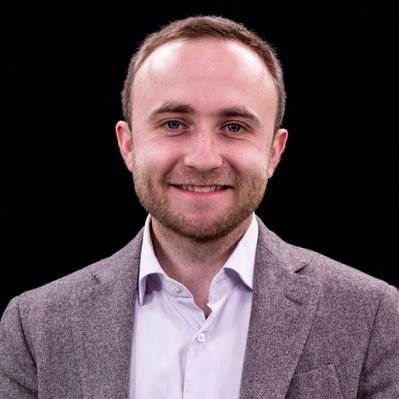Cardinal Raniero Cantalamessa, the Preacher of the Papal Household, recently engaged in a profound theological discussion with Rabbi Alon Goshen at Rome's historic Roman Synagogue.
"Religion," Cardinal Cantalamessa said, "should try to help people go beyond appearances of power or status in society and remember what we really are is what God sees and our inner conscience knows."
Rarely giving interviews, the Cardinal emphasized his deep commitment to interreligious dialogue and friendship with the Rabbi. This meeting underscores the significant strides in the relationship between Judaism and Catholicism since the promulgation of Nostra Aetate in 1965.
Rabbi Alon Goshen-Gottstein is the founder and director of the Elijah Interfaith Institute.
"Interreligious relations are a spiritual path," the Rabbi stated, "it is a path of spirituality."
Cantalamessa echoed this sentiment, noting, "All religions have this in common: helping people to be in relation with some reality beyond. We call it differently, but it is important to remember that we have a destiny; we have a mission in the world."
Rabbi Alan Goshen leads the Elijah Interfaith Institute, which fosters friendship and dialogue between religions. A key initiative of this organization is the "Global House of Friendship and Hope" in Assisi. This project aims to create a shared space for study and dialogue and a museum, and it has received endorsement from Cardinal Cantalamessa and Pope Francis.
Rabbi Alon asked Cantalamessa what he desired for the success of this project. The Cardinal responded, "Blessing of the Lord, because as the Psalms say, 'Unless the Lord builds the house, those who build it labor in vain.' We should remember that."
The figure of St. Francis serves as the inspiration for this initiative, which is why the center is being constructed in the heart of Assisi, the city of St. Francis.
Further, Rabbi Alon asked, "In what way can Saint Francis be inspiring to people of other religions?"
"One thing that strikes me about Francis of Assisi," the Cardinal shared, "is that he spoke against no one. He embraced the maxim from the Fathers of the Church: 'Don't speak against anyone; speak in favor of the truth, not against others.' Saint Francis applied this perfectly."
For meaningful dialogue to yield fruitful results, it must be conducted openly and honestly, without concealing one's own identity, as highlighted in the Vatican's Nostra Aetate.
In light of Saint John Paul II's meetings in Assisi, Rabbi Alon reflected on the late Pontiff's legacy and asked, "To what extent would you say that he laid the foundation for friendship and prayer as common ground between religions?"
Finding difficulty with the question, the Cardinal said, "The second item is more difficult because, during the meetings of Assisi, it was apparent how difficult it is unless we use prayer. We understand prayer as being together under the gaze of some higher power. It's difficult to share words or text."
That is, it's challenging to find common ground and share common ground.
Rabbi Alon highlights rather what it would mean in these meetings, "to be inspired by the prayer of the other. I pray my prayer. You pray your prayer. But when I see your depth of sincerity, it inspires me. When I see how deeply you recite the Psalms, I recite the Psalms better. So not to make a mix, not to make confusion, not to make syncretism, but to draw inspiration with everyone's authenticity in their own space, under one roof."
Beyond the work of unity and brotherhood, the political sphere adds another dimension to the discussion. Although the State of Israel was established in 1948, it was not until 1993 that the Holy See formally recognized Israel, marking a pivotal moment in the historically complex relationship between Jews and Catholics.
Adapted by Jacob Stein
Sign up for our newsletter here: HTTPS://MAILCHI.MP/EWTN/VATICAN

Alexey Gotovskiy serves as a journalist, producer, and manager at the EWTN Vatican Bureau. Born in the former Soviet Union, he holds a graduate degree in Church Communications from the Pontifical University of the Holy Cross and has produced over 200 episodes of EWTN "Vaticano," covering the life of the Universal Church.








